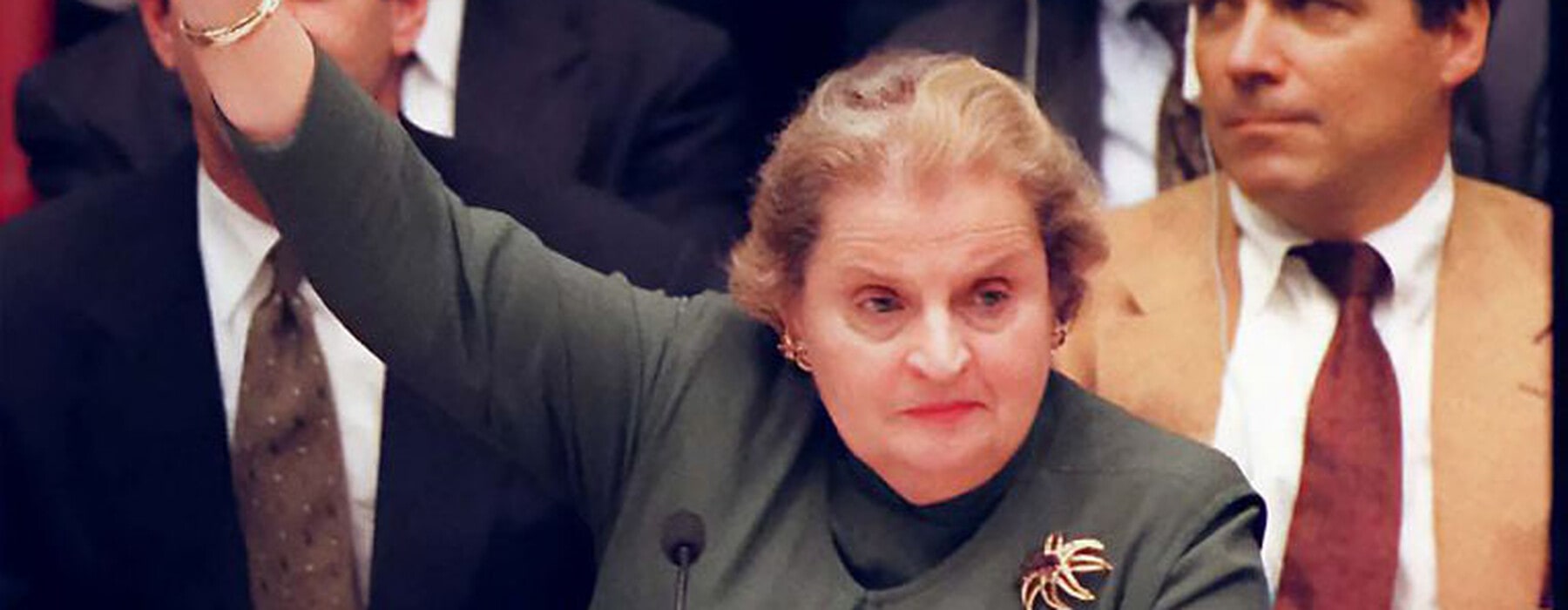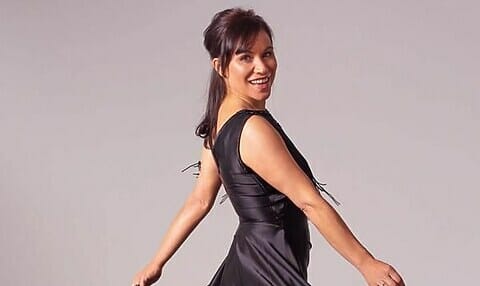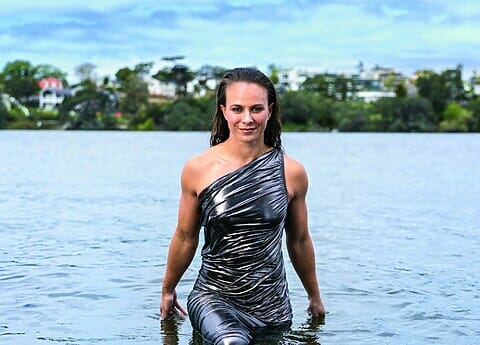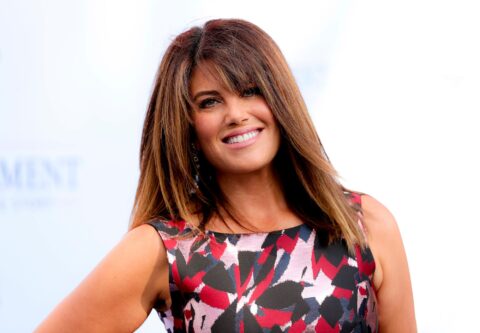Hillary Clinton writes about former US secretary of state Madeleine Albright, who died recently, and says we can honour her memory by heeding her wisdom.
Late one night in 1995, in a cramped airplane cabin high over the Pacific, Madeleine Albright put down a draft of a speech I was set to deliver in Beijing at the upcoming United Nations conference on women, fixed me with the firm stare that had made fearsome dictators shudder, and asked what I was really trying to accomplish with this address.
“I want to push the envelope as far as I can,” I replied. “Then do it,” she said. She proceeded to tell me how I could sharpen the speech’s argument that women’s rights are human rights and human rights are women’s rights.
That was Madeleine, always cutting right to the heart of the matter with clarity and courage. She pushed the envelope her entire life. She did it on behalf of women and girls, shattering the glass ceiling of diplomacy as the first woman to serve as secretary of state and calling out atrocities against women all over the world. She did it for the country that took her in as a child fleeing tyranny in Europe, championing the United States as an indispensable nation and the leader of the free world. She never stopped pushing the envelope for freedom and democracy, including cajoling sometimes sceptical generals and diplomats to see human rights as a national security imperative.
For Bill and I, and her many friends all over the world, Madeleine’s passing is a painful personal loss. She was irrepressible: wickedly funny, stylish and always game for adventure and fun. I’ll never forget how excited she was to walk me through the streets of her native Prague and show me the yellow house where she lived as a girl. We couldn’t stop laughing when an unexpected rainstorm blew our umbrellas inside out, and couldn’t stop smiling when the captivating playwright and dissident turned president Václav Havel charmed us over dinner. Madeleine was 10 years ahead of me at Wellesley, and for decades we used to address and sign our notes to each other “Dear ’59” and “Love, ’69.”
In the 1990s, when Bill Clinton named Madeleine UN ambassador and then secretary of state, she went toe-to-toe with the blood-soaked Serbian dictator Slobodan Milošević. She helped marshal American power and the Nato alliance to end the brutal war in Bosnia and ethnic cleansing in Kosovo. She saw the chronically underestimated Russian president Vladimir Putin for what he is: a vicious autocrat intent on reclaiming Russia’s lost empire and a committed foe of democracy everywhere. In a prescient column in the Times published on February 23, she warned that an invasion of Ukraine would be “a historic error” that would leave Russia “diplomatically isolated, economically crippled and strategically vulnerable in the face of a stronger, more united Western alliance”. As happened so often, the man with the guns was wrong and Madeleine was right.
She was a woman of action, especially when facing injustice. In 2000, she was the first secretary of state to travel to North Korea, where she spent 12 hours negotiating with the dictator Kim Jong-il. But, as she often said, her crucial historical frame of reference was Munich, not Vietnam, so she had a deep appreciation for the risks of inaction. Today, with a rising tide of authoritarianism threatening democracy not just in Ukraine but all over the world, that is a lesson worth remembering.
Having experienced Europe’s historic traumas first-hand, Madeline understood that the security provided by Nato was the key to keeping the continent free, peaceful and undivided.
She rejected the criticism that Nato’s expansion needlessly provoked Russia and is to blame for its invasion of Ukraine. Make no mistake, if Nato had not expanded, Mr Putin would be menacing not just Ukraine but the Baltic States and likely all of Eastern Europe. As the historian and journalist Anne Applebaum recently argued, “The expansion of Nato was the most successful, if not the only truly successful, piece of American foreign policy of the last 30 years.”
Madeleine also strongly disagreed with Donald Trump’s approach of treating America’s alliances as a protection racket where our partners must pay tribute or fend for themselves. She knew that US alliances – especially with other democracies – are a military, diplomatic and economic asset that neither Russia nor China can match, despite their best efforts, and crucial for national security. Even at the end of her life, she treasured her first glimpse of the Statue of Liberty, sailing into New York Harbor in 1948 as an 11-year-old refugee on a ship called the SS America.
She would have been thrilled by President Joe Biden’s recent announcement that the United States will welcome up to 100,000 refugees fleeing Ukraine, and she would encourage us to do more to respond to this unfolding humanitarian nightmare. She would warn, as she did in her book, about the “self-centred moral numbness that allows fascism to thrive”, and urge us to keep pushing the envelope for freedom, human rights and democracy. We should listen.
THIS ARTICLE FIRST APPEARED IN THE NEW YORK TIMES. REPRODUCED UNDER LICENCE.








